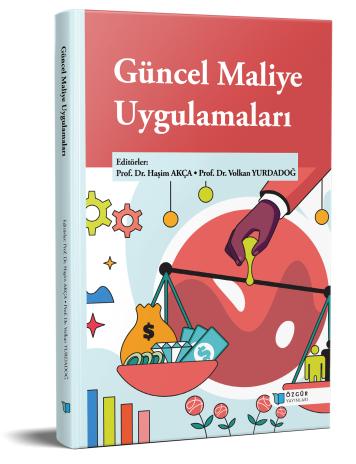
2023 Fiscal Regulations: A Teleological Approach Within the Scope of Law and Economics
Chapter from the book:
Akça,
H.
&
Yurdadoğ,
V.
(eds.)
2024.
Current Applications in Public Finance.
Synopsis
The aim of this study is to reveal the socio-economic justifications of the fiscal adjustments made by presidential decree and law. The methodology of teleological interpretation has been used to reveal the justifications. That’s why, with the teleological interpretation methodology, what the legislator actually wants to do can be understood. This is because it is possible to go beyond the text of the law through purposive interpretation. The results obtained as a result of the methodology can be summarised as follows: The justification for the increases in Value Added Tax by the Presidential Decision is the fight against inflation. In this way, demand can be curtailed and thus inflation can be reduced. The reason for the increase in the Banking and Insurance Transactions Tax rate by the Presidential Decision is the transfer from the income of the banks, whose profits increased due to the decrease in the policy interest rate, to the state budget. The additional motor vehicle tax obligation introduced by the act was introduced for fiscal purposes. However, this tax is in contrast with the Constitutional Court's perspective. The 50 percent increase in fees imposed by the Presidential Decision is also for fiscal purposes. However, there is a possibility that this increase may restrict some fundamental rights and freedoms. The possibility that inefficient situations may arise in the economy as a result of these possibilities expresses the general conclusion reached in this study.

